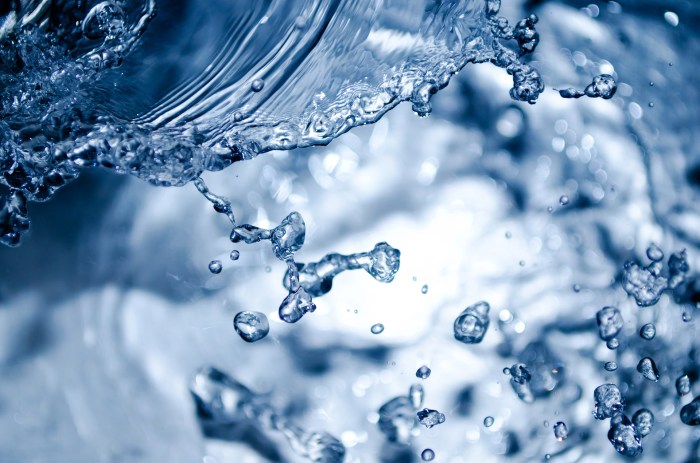Silk silk silk what do cows drink – Silk, Silk, Silk: What Do Cows Drink? Dive into the fascinating world of bovine hydration, exploring the essential role of water in their diet and the factors that influence their drinking habits. This comprehensive guide delves into the diverse water sources available to cows, the ideal water quality parameters, and innovative water conservation strategies.
Join us on this captivating journey to uncover the secrets of what cows drink.
Cows, as ruminant animals, have unique dietary requirements and a high dependence on water for optimal health and productivity. Understanding their water consumption patterns and the quality of water they consume is crucial for ensuring their well-being and the success of livestock operations.
Cows’ Dietary Needs

Cows, as ruminant animals, have specific dietary requirements to maintain optimal health and productivity. Their diet must provide essential nutrients, including carbohydrates, proteins, fats, minerals, and vitamins. Carbohydrates, in the form of cellulose and other plant fibers, are the primary energy source for cows.
Proteins are essential for growth, repair, and maintenance of body tissues. Fats provide energy and support hormone production. Minerals, such as calcium, phosphorus, and magnesium, are crucial for bone health, metabolism, and milk production. Vitamins, including vitamin A, D, and E, play vital roles in immune function, reproduction, and overall well-being.
Water in a Cow’s Diet, Silk silk silk what do cows drink
Water is an essential nutrient for cows, comprising approximately 60% of their body weight. It is involved in numerous physiological processes, including digestion, circulation, and temperature regulation. Adequate water intake is crucial for maintaining hydration, preventing dehydration, and ensuring proper functioning of bodily systems.
Water Sources for Cows
Cows can obtain water from various sources, including ponds, rivers, streams, and artificial waterers. The choice of water source depends on factors such as availability, accessibility, and water quality. Ponds and rivers are natural water sources that can provide ample water, but their quality may vary depending on environmental conditions.
Artificial waterers, such as troughs or tanks, are often used to supplement natural water sources or provide water in areas where natural sources are limited.
Water Consumption Patterns: Silk Silk Silk What Do Cows Drink

The average daily water intake for cows varies depending on factors such as age, breed, environmental conditions, and diet. Mature cows typically consume around 10-15 gallons of water per day. Younger calves require less water, while lactating cows may consume up to 20 gallons or more per day.
Environmental factors, such as temperature and humidity, can also influence water consumption, with cows consuming more water in hot and humid conditions.
Monitoring water intake is important for herd health. Inadequate water intake can lead to dehydration, which can impact milk production, growth, and overall well-being.
Water Quality Considerations
The quality of water available to cows is crucial for their health. Ideal water quality parameters include:
- pH: 6.5-8.5
- Turbidity:<10 NTU
- Total dissolved solids:<1,000 mg/L
- Nitrate-nitrogen:<10 mg/L
- Bacteria:<100 CFU/100 mL
Poor water quality can pose health risks to cows, including gastrointestinal disorders, reproductive problems, and metabolic imbalances.
Water Conservation Strategies
Water conservation is an important aspect of sustainable livestock production. Innovative methods for conserving water include:
- Using low-flow waterers
- Implementing water recycling systems
- Adopting precision feeding practices to reduce water consumption associated with feed production
- Monitoring water usage and identifying areas for improvement
Water conservation not only benefits the environment but also the farm’s bottom line by reducing operating costs.
Clarifying Questions
What is the average daily water intake of a cow?
The average daily water intake of a cow can vary depending on factors such as age, breed, and environmental conditions, but typically ranges from 20 to 50 gallons.
What are the potential health risks associated with poor water quality for cows?
Poor water quality can lead to a range of health issues in cows, including digestive problems, kidney disease, and reduced milk production.
What are some innovative methods for conserving water in livestock production?
Innovative water conservation methods for livestock production include rainwater harvesting, precision irrigation, and the use of water-efficient technologies.